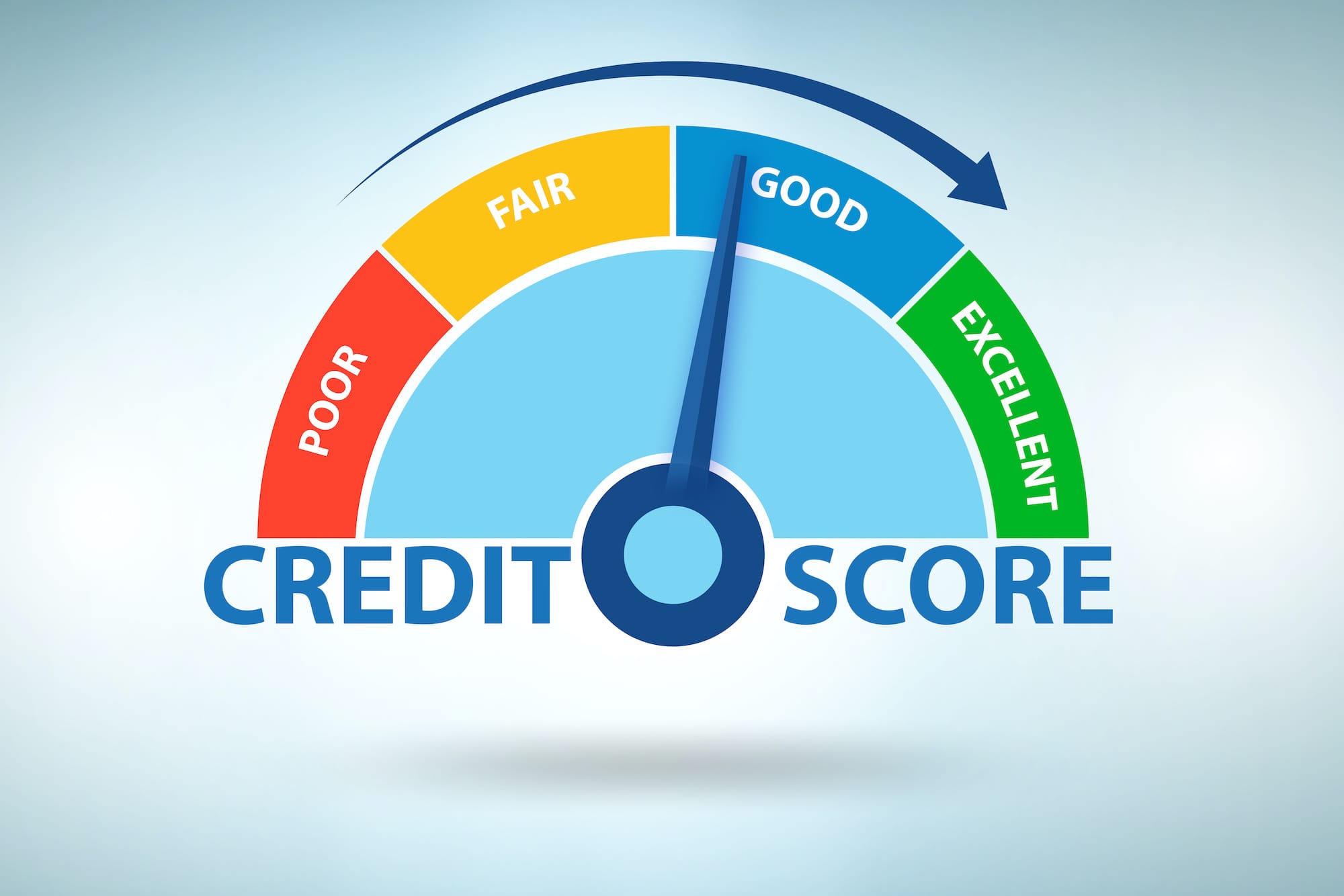- Checking your credit score hurts your credit
Many people avoid checking their credit scores, fearing it might lower their score. This is a common misconception. When you check your credit score, it’s considered a “soft” inquiry which doesn’t affect your credit score.
- You need a high income to have a good credit score
Income isn’t a factor in calculating your credit score. However, your payment history, debt levels, and the length of your credit history do contribute significantly. A low income doesn’t automatically mean a low credit score if you manage your finances well.
- Closing old credit cards boost your credit score
Closing old or unused credit accounts may potentially harm your credit score as it shortens your credit history. Long credit history generally contributes positively to your credit score.
- All debts are created equal
Not all debts are considered equal in the eyes of credit bureaus. Mortgage and student loan debts are considered “good debt” while credit card debt is considered “bad debt”.
- Paying off a negative record removes it from your credit report
Negative records such as late payments and collection accounts will remain on your credit report for seven years. Paying off the debt doesn’t remove the record, although it does change the status to “paid”.
- You only have one credit score
In fact, you have multiple credit scores. Different lenders use different credit scoring models depending on their criteria.
- Credit repair agencies can easily fix bad credit
While credit repair agencies can help you navigate and potentially fix some aspects of your credit, they can’t remove legitimate negative information from your credit report. In fact, there are many things you can do yourself to repair your credit, such as improving your credit with the help of Credit Repair Magic.
- Marital status affects your credit score
Your credit score is based on your individual credit report. Getting married or divorced doesn’t directly affect your credit score, but joint financial decisions can.
- Maxing out your credit card is fine as long as you pay it off
Credit utilization — the amount of your credit limit you’re using — contributes significantly to your credit score. Maxing out your credit card could harm your credit score, even if you pay it off in full every month.
- You can outlive bad credit
While it’s true that most negative information falls off your credit report after seven years, some bankruptcies can remain for up to 10 years. Maintaining good credit practices is key for a healthy credit score.
To better understand how credit works and to debunk more myths, make sure to check out the discussion on the art of problem solving which provides perspective on how to handle complex issues such as this. For a different kind of inspiration, a revealing glance at the net worth of unexpectedly successful hobbies offers an interesting look at financial success from a unique angle.
